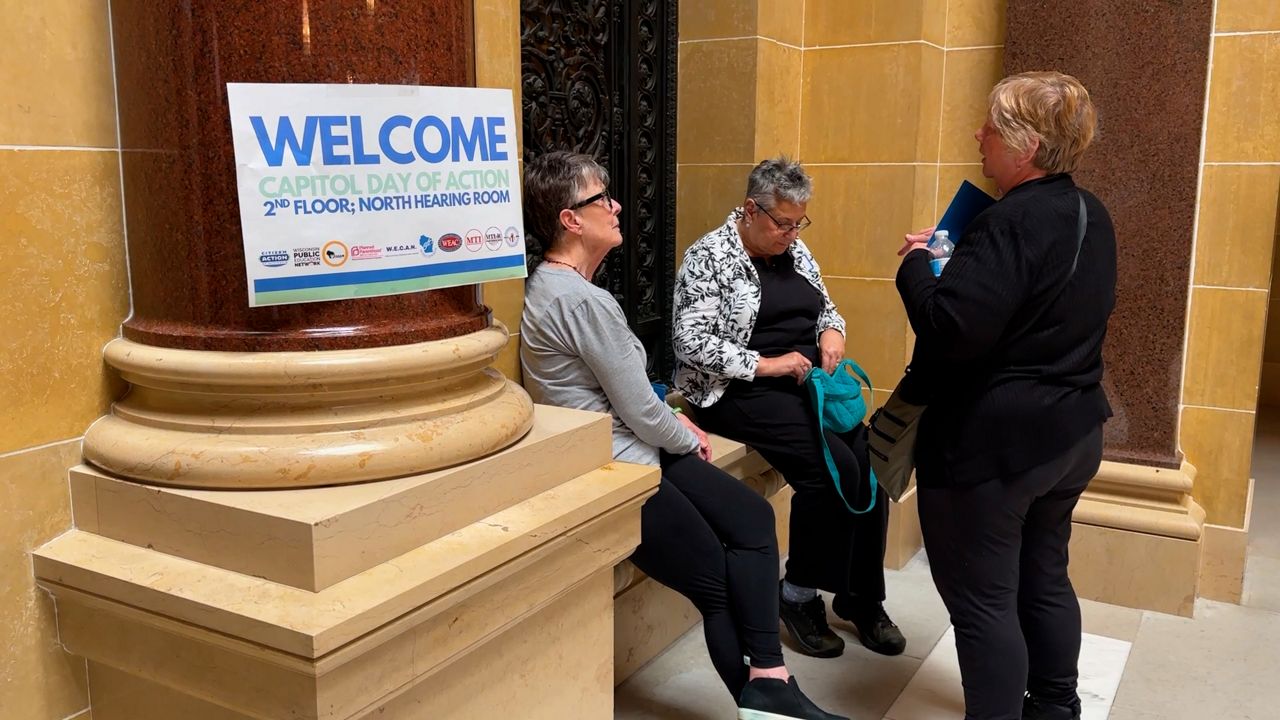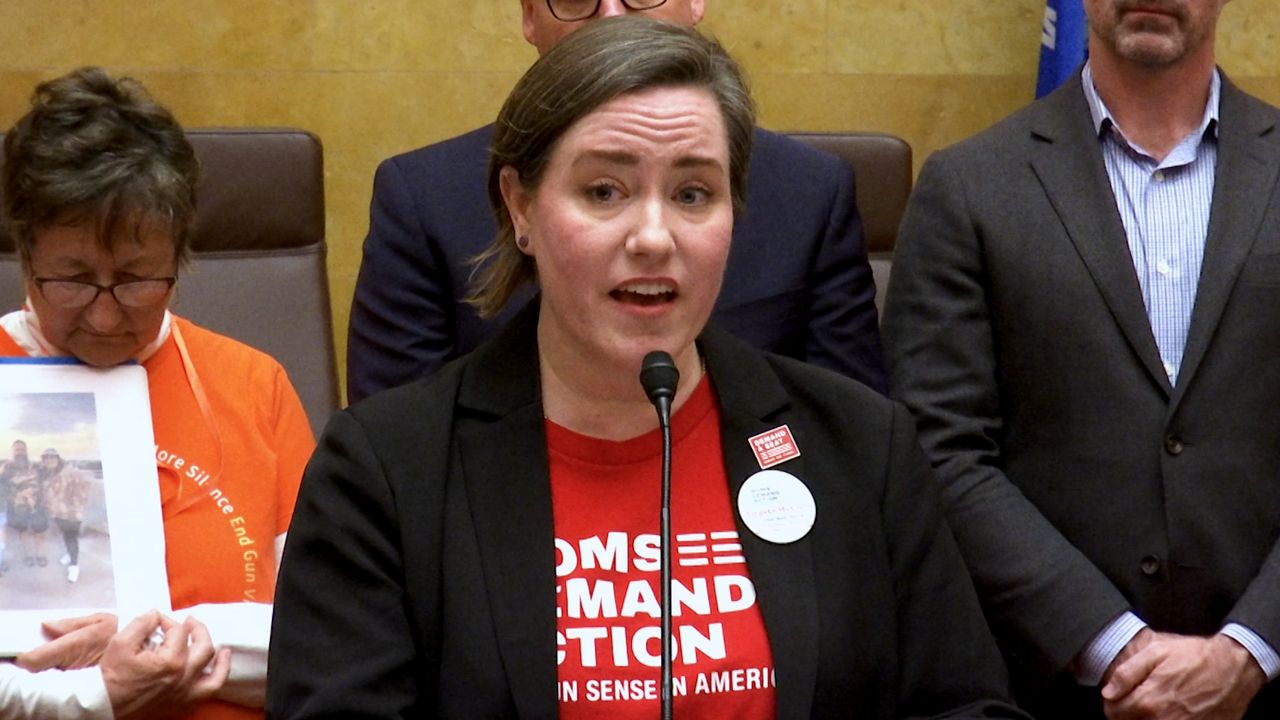MADISON, Wis. — With National Nurses Week underway, lawmakers in Madison hope their latest effort to create a new licensing system for registered nurses with advanced credentials finally earns approval from Gov. Tony Evers.
The Advanced Practice Registered Nurse (APRN) Modernization Act would allow those nurses who meet certain qualifications to be licensed as APRNs.
In a previous veto message from 2022, Gov. Evers said he opposes “allowing practices functionally equivalent to those of physicians” without more “education, training and experience.”
A year later, the governor included a measure in his 2023-25 budget proposal with language similar to the APRN bill. However, it was among the hundreds of items stripped from the spending plan by the legislature’s budget-writing committee.
When legislators sent a second version of the APRN bill to the governor’s desk in 2024, Gov. Evers vetoed it again. In his veto message, Gov. Evers stated his previous concerns with the bill weren’t addressed, as he cited a lack of adequate experience requirements and safeguards for patients.
While there has been a push for this autonomy over the last decade, the effort picked up momentum after the COVID-19 pandemic when nurses were allowed to practice independently due to the health emergency.
For many practitioners, that raised the question; if they could practice without being overseen by a physician then, why can’t they now?
“If and when this bill reaches his desk, it will get signed into law,” State Sen. Patrick Testin, R-Stevens Point, told reporters during a Tuesday afternoon press conference where the modified bill was reintroduced.
This time around lawmakers are confident they have made enough changes to the legislation.
In recent years, Gov. Evers insisted on requiring advanced practice nurses to collaborate with a physician for four years before going independent, as well as make sure those without an MD or DO don’t use language representing themselves as a physician.
“After having conversations with many of the stakeholders up here, we decided, okay, we will go to four years because this is a step in the right direction,” Testin explained. “The other big component of this that was brought up was the issue of title protection. And so, we crafted language within this legislation that’s going to give the medical examining board a little bit more teeth, a little bit more pathways for enforcement.”
Under current law, advanced practice nurses can’t run their own clinics without entering what is called a “collaborative agreement” with a physician.
Many of those advanced practice nurses, however, have argued it is challenging, especially in rural parts of the state, to find a physician to collaborate with. It can also be a costly process for small, independent practices.
“After the many, many years that it has been kind of floating around here, I’d like to say that I was the backseat driver,” State Sen. Rachael Cabral-Guevara, R-Appleton, said. “The one complaining and yelling all the way, saying, ‘Let’s work as a team here, let’s get this done.’”
Both Republicans and Democrats admit neither side got everything they wanted, which is generally a testament to quality, bipartisan legislation. Those who championed the bill behind the scenes said conversations with stakeholders is why they are all but certain the measure will be signed into law upon passing both chambers.
“We know that too many Wisconsinites in every part of the state struggle to access affordable, high-quality health care, and that’s what this is really about, that’s why we were all able to come together because we believe every person in Wisconsin deserves that high-quality health,” State Sen. Kelda Roys, D-Madison, said.
Supporters of the legislation said nearly 30 states, both red and blue, including neighboring Minnesota and Iowa, have passed similar policies.






